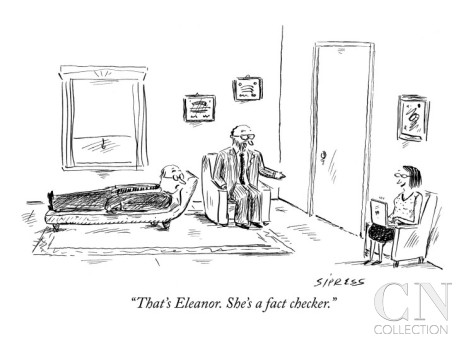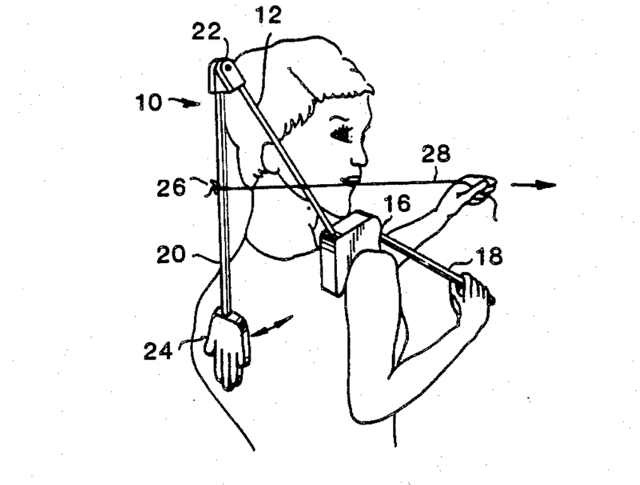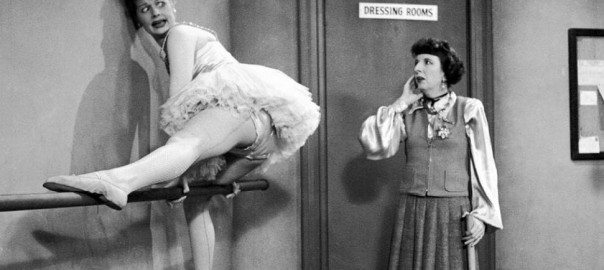I find that I get asked on a fairly regular basis to read and comment on people’s work. Both from people I know, and people I’ve never heard of before. To be completely honest, every time someone asks me, I cringe. Not because I don’t like helping people, or I think I’m above that or something. I feel honored that people think highly enough of my writing to want my opinion on their own. That’s a nice little stroke to my ego every time it happens. I cringe because nine times out of ten, it is not a pleasant experience for me. I feel that a large part of this is due to the fact that people don’t understand that there is an etiquette that should be followed.
1. Don’t hand me your rough draft. Don’t hand me your first or second draft either. In fact, I better be pretty far down the list of people you’ve asked to read and critique your work. If I got to present one of my recipes to a chef, you can be damn sure it wouldn’t be the first time I’d made the dish. Same concept.
2. You might have an absolutely amazing and fantastic idea, but don’t assume I want to collaborate with you. I have my own projects and enough ideas written on pieces of paper to fill a shoe box. Chances are pretty good that I’ll want to work on those, before your idea.
3. Do your own research. Writers have their areas of expertise. If you are writing within that area, make sure your research is accurate. I’m not here to act as your fact check, that’s what Google is for.
4. Janet Jackson said it best – What have you done for me lately? Chances are, if I don’t know you, not even in the ‘we interact on social media’ sense, and you send me a request to look at your work, I’m not going to. This does not make me selfish. I am busy with my own life and my own work. If you want my advice, make yourself known to me. Comment on a blog post, share my tweets. Do something to show me that you are looking for a mutually beneficial relationship.
5. Keep genre in mind. If you look on Goodreads at the books I read you will notice a distinct lack or horror, poetry, sci-fi, etc. That’s because I don’t like them. Therefore, I am the last person you want critiquing your work in one of those genres. Unless your piece is better than freshly baked bread, I’m not going to like it.
6. Keep length in mind. If I am truly doing an in depth critique of a piece, it can take me over half an hour to get through five pages. Your twenty page short story will take me at least two hours. If you’re not going to take the notes I give into consideration, don’t waste my time.
7. Understand that there is a difference between a pat on the back for doing a good job, and a critique. Know which one you want. And if you’re asking me, keep in mind that I was a theater critic for four years. I don’t pull my punches. If it sucks, I’ll tell you.
8. Don’t reply to one of my notes/comments/questions with, “But my teacher said . . .” Unless your teacher is someone like Stephen King, I couldn’t care less what your teacher said, and if what they said is so profound, why are you asking me.
9. Don’t get defensive or try to explain yourself. Critiques are not meant as comments on you as a person, they are meant as comments on that particular piece of work and meant to help you improve it. That’s great that you were trying to depict despair through your use of cool colors and dreary settings, it doesn’t come through in the text. Don’t explain it to me, explain it in your piece.
10. Remember that there is no end-all authority on writing or storytelling. Every critique you get is someone’s opinion, and as such you are free to do with it as you please. Take what is useful and toss out what doesn’t fit your story. However, always, always say THANK YOU to the person. Whether you find their notes helpful or not, they spent quality time on your piece in an effort to help you. I have lost track of how many people failed to say a simple thank you. Don’t be that person.
Those are my top ten. Other writers, what are yours?



